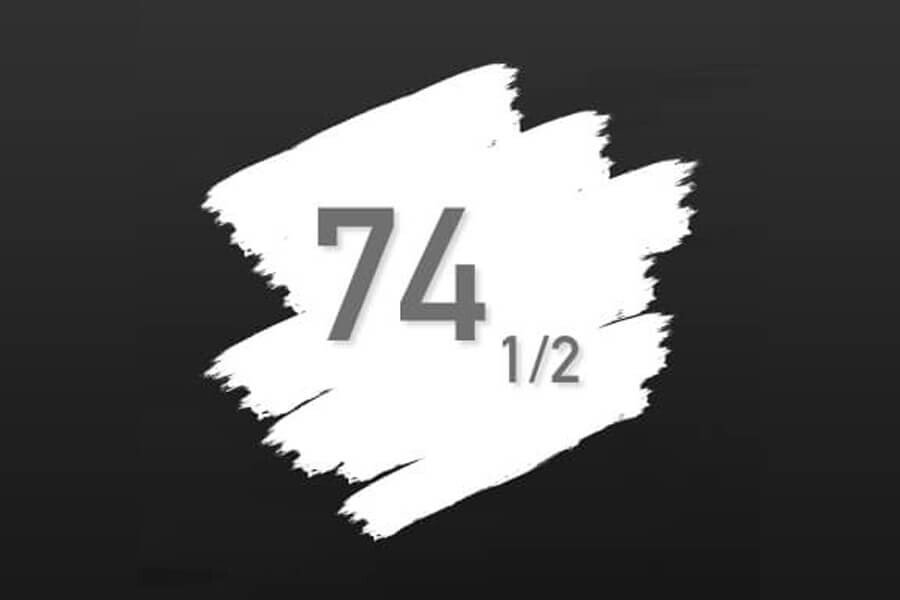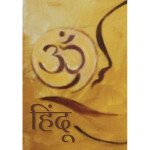Akbar’s slaughter of Hindus at Chittor
When Rana Udai Singh of Mewar refused to surrender Mewar to Mughals, Akbar decided to Attack Chittor. Udai Singh got the information and after a meeting with the Saamants and chieftains of Mewar, Udai Singh retreated to the safety of Udaipur and left 8,000 warriors to defend Chittor along with 60,000 civilians living inside the fort.
On 23rd October, 1567, Akbar surrounded Chittor.
The two main warriors of the Rajputs were Jaimal Rathore and Patta Chundawat. The others inside holding fort were Saidas Rawat, Ballu Solanki, Thakur Saanda and Eesardas Chauhan.
Finding the walls of the Chittor fort impregnable, Akbar ordered two underground tunnels leading to the walls of the Fort which he planned to blow away with dynamite.
The labourers who dug the tunnels were killed by the Rajputs from inside the fort with arrows and gunshots. For one bucket full of sand one silver coin was paid to the local labourers. The Mughals were ready to pay that cost for Chittor.
After three months, the warriors inside the fort decided to raise the white flag and send a peace overture to Akbar. So Thakur Saanda Of Dodiya and Sahib Chauhan were deputed to descend from the fort and talk to Akbar.
Thankur Saanda spoke thus, “We are ready to give you gifts and acknowledge your greatness if you lift the siege and end this conflict.”
Akbar replied, “I am a king and I will receive gifts only from a king. Udai Singh has to come and surrender, else there will be no end to the siege. You are a brave and loyal servant of your master, ask anything of me except lifting the siege."
Saanda replied, “If war is inevitable, my only demand is that the corpses of Hindu warriors be cremated in the Hindu tradition."
Akbar accepted this glorious demand of the Rajput.
Akbar blasted the northern wall of the Fort with 4800 kilos of dynamite but the warriors inside repulsed the attack of Mughals and repaired the wall overnight. The southern wall was similarly blasted but it ended up killing some of the best Mughal soldiers. Akbar started a frontal attack on the fort with cannons damaging the walls of the fort here and there but the Mughals still couldn’t breach the walls of the impregnable fort of Chittor. The Mughals used to take the cover of the broken stones and fire with guns towards the parapets of the Fort.
One fateful day, Akbar aimed his gun (called Sangram) at a very active frame inside the fort and hit him. It was Jaimal Rathore whose leg got broken by the bullet. Jaimal called the chiefs and counselled that the resources of the Mughal army were unlimited and with rations running out, it was time to open the gates and slaughter as many Mughals as they could and ascend to their Devas.
The women were of course advised to commit ‘Jauhar,’ where huge wooden pyres would be lit and women and children less than 10 years of age would give themselves to the fire. The reason for this painful choice of dissolving their bodies was the Islamic practise of Necrophilia, where the Mughal army would sexually abuse the dead bodies of Hindu women. After Jauhar, all that the barbarians would get would be ashes.
Seeing the smoke and ambers rise into the sky, the traitor king of Amber, Bhagwan Das, fighting from the side of Akbar warned the Mughal army that the final attack by Mewar’s warriors is imminent. Thus, all tender bonds of love and concern for the safety of the family put to fire, the Rajputs and other warriors ate the last ‘Beera’ (Betel leaf) and put on saffron robes to ride to Veergati.
The next morning, the gates of Chittor fort were opened.
Jaimal couldn’t walk, hence his brother Kalla, made him sit on his shoulder so that Jaimal could fulfil his last wish of slaughtering as many Mughals as he could. Both were martyred after killing dozens of Mughals between the Hanuman Gate and the Bhairav Gate of the Fort. Akbar personally beheaded Jaimal as documented by the Mughal historian Abul Fazal.
Dodiya Saanda descended with his horsemen and died fighting the Mughals on the banks of Gambhiri river.
Akbar pushed his elephants into attacking the Mewar army.
The Rajputs also took the elephants head on. Ishardas Chauhan climbed up an elephant named ‘Madkar’ and asked the name of the Mahout. Then Chauhan sliced the trunk of the elephant saying to the Mahout “Say my hello to Akbar".
Akbar entered the fort surrounded by his elephant army.
Patta Chundawat was to give the final assault to Mughal forces once Chittor was breached. Patta was wounded by an elephant and was brought to Akbar carried by the elephant in its trunk. Akbar beheaded the wounded Patta at the Ram Gate of Chittor Fort.
Mughal historians themselves write about the valour and fearless assault of the Mewar warriors on Mughal army.
‘When one Rajput was beckoned, ten would rush to help him. They attacked our elephants like bees. When one would fall the other would start stabbing the elephant. And they were fair warriors. Every single fighter of Mewar fought one on one with Mughals and kept dying.'
After the slaying of 8,000 warriors, Akbar had to face the resistance of 40,000 residents of the Fort. The artisans, labourers, mahouts, horse keepers, barbers, blacksmiths — all of them picked up swords and fought the Mughal army and were brutally killed by Akbar.
Col. James Tod, the British historian writes — “Akbar measured his success by the quantity of cordons ( Janeu ) taken from the necks of the slain Hindus. And 74 and a half “Muns” is the amount recorded. A “Mun” is 40 kilos. So 2,980 kilos was the weight of the threads of Janeus on the Hindus killed on that dark day.
To eternalise the memory of this disaster, to date these numerals, 74½ are accursed.
Marked on a banker’s letter in Rajasthan, it is the strongest of seals, for ‘the sin of the slaughter of Chittor' is thereby invoked on all who violate a letter under the safeguard of this mysterious number. So long as ‘74½' shall remain recorded, some good will result from the calamity, and may survive when the event which caused it is buried in oblivion.”
Even today, in Mewar, if a letter is marked with the digits 74½, no unauthorised person will open that letter lest that person suffers the sin of the slaughter at Chittor.
On the afternoon of 25th February, 1568, after a siege of four months, Akbar seized the Fort of Chittor and raised the Mughal flag over it. This day is one of the darkest days of Hindu resistance to Islamic invaders in our history when 40,000 civilians and 8,000 warriors, besides approximately 10,000 women and toddlers committing Jauhar, were killed mercilessly by Akbar.
But this day is also the glorious reminder that our forefathers chose death over surrender. The Hindu Dharma was dearer to them than conversion to an alien faith. The immense sense of loyalty to their ancestors even when faced by imminent brutal death.
What was the “tattva” that made the women and children of Chittor enter the funeral pyres willingly? What was the reason that, beginning from the Jauhar of Maharani Padmini, the Hindus continued it for centuries at regular intervals but never yielded their freedom and Dharma? What kind of steely resolve would a man possess to send his wife and little children to funeral pyres just because he couldn’t give up his Dharma? What would a man be possessed with, to throw himself in front of a mighty, enraged elephant!! What was that faith and hope of the hopelessly outnumbered Hindus to die fighting than to convert to Islam?
What was the spiritual quotient of these amazing people to face death with such grace only because they were sure that their Maharana was safe somewhere and will continue fighting the Turkish murderers?
If we can muster up even a fraction of that courage, that hope, that fortitude, maybe we can win this clash with alien faiths going on even today in our besieged nation.
If we can keep alive the memory of the ‘74½' in our civic life, our families and spiritual discourse, that day of the greatest sacrifice of Hindus will go down in history as a glorious testimony of a people who looked death in the eyes and didn’t blink. A people who gave their families to the purity of fire and themselves to the purity of swords. A people because of whom we are Hindus today, as the heirs of the oldest Dharma thriving on this planet.











